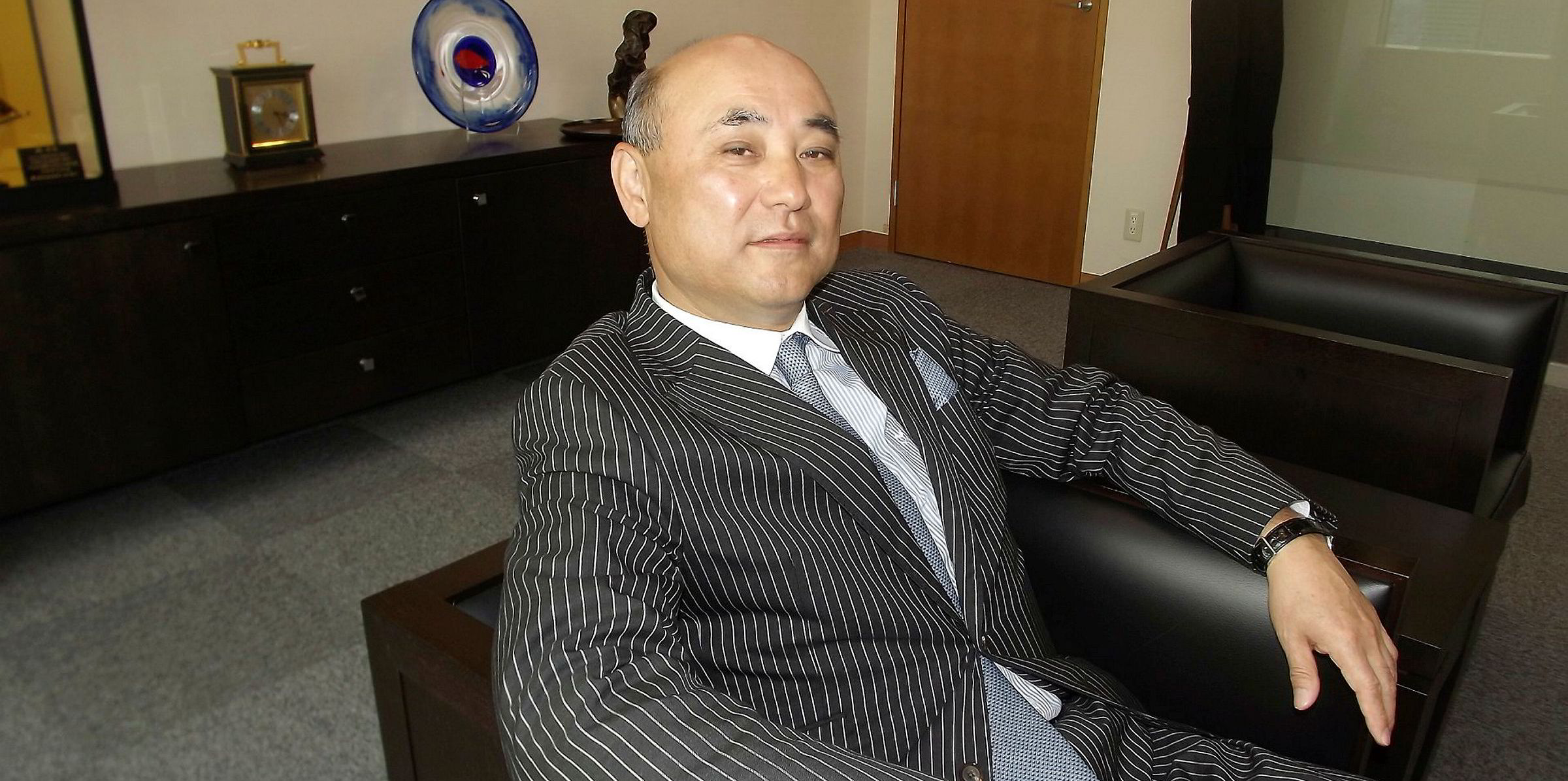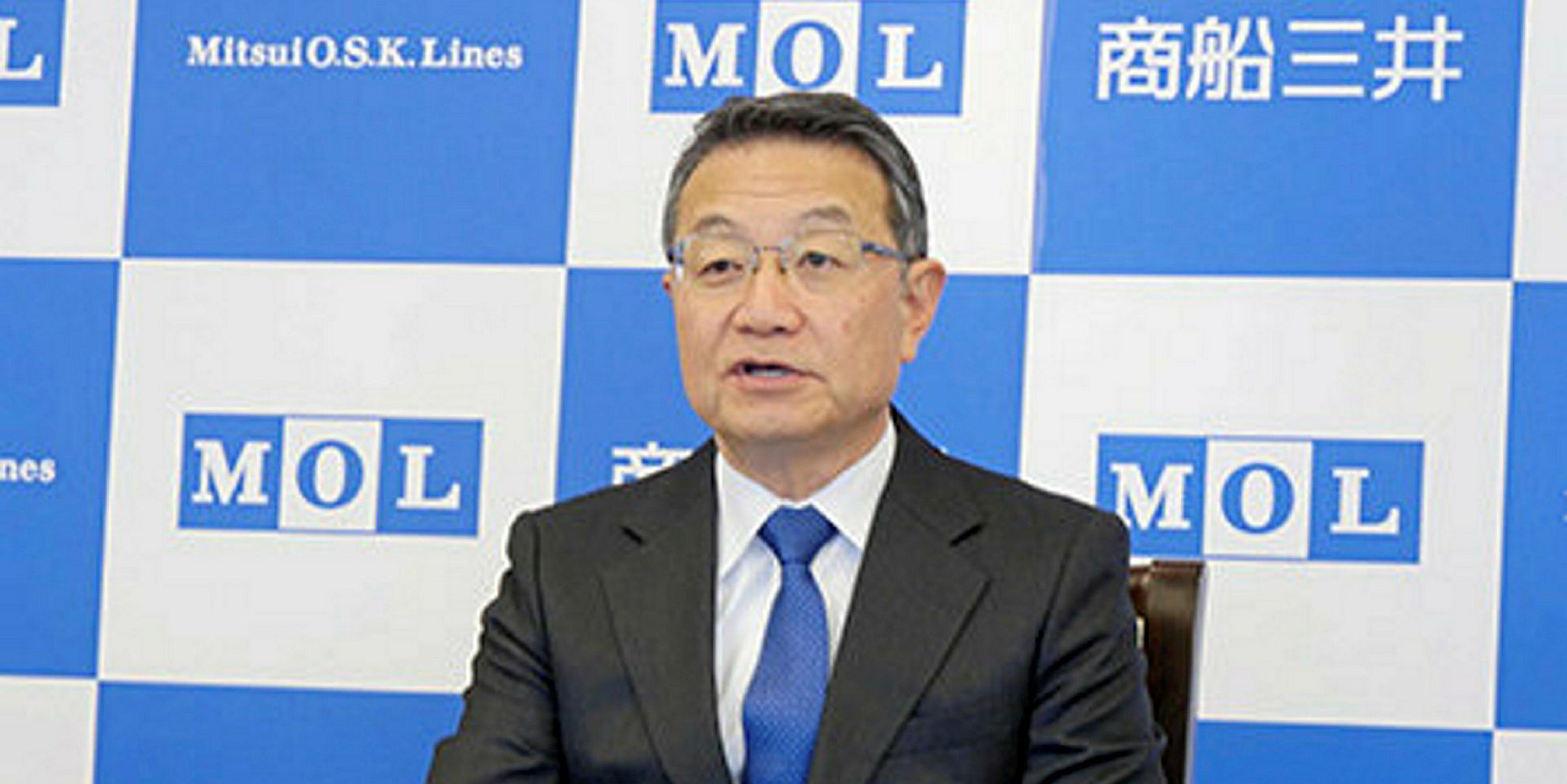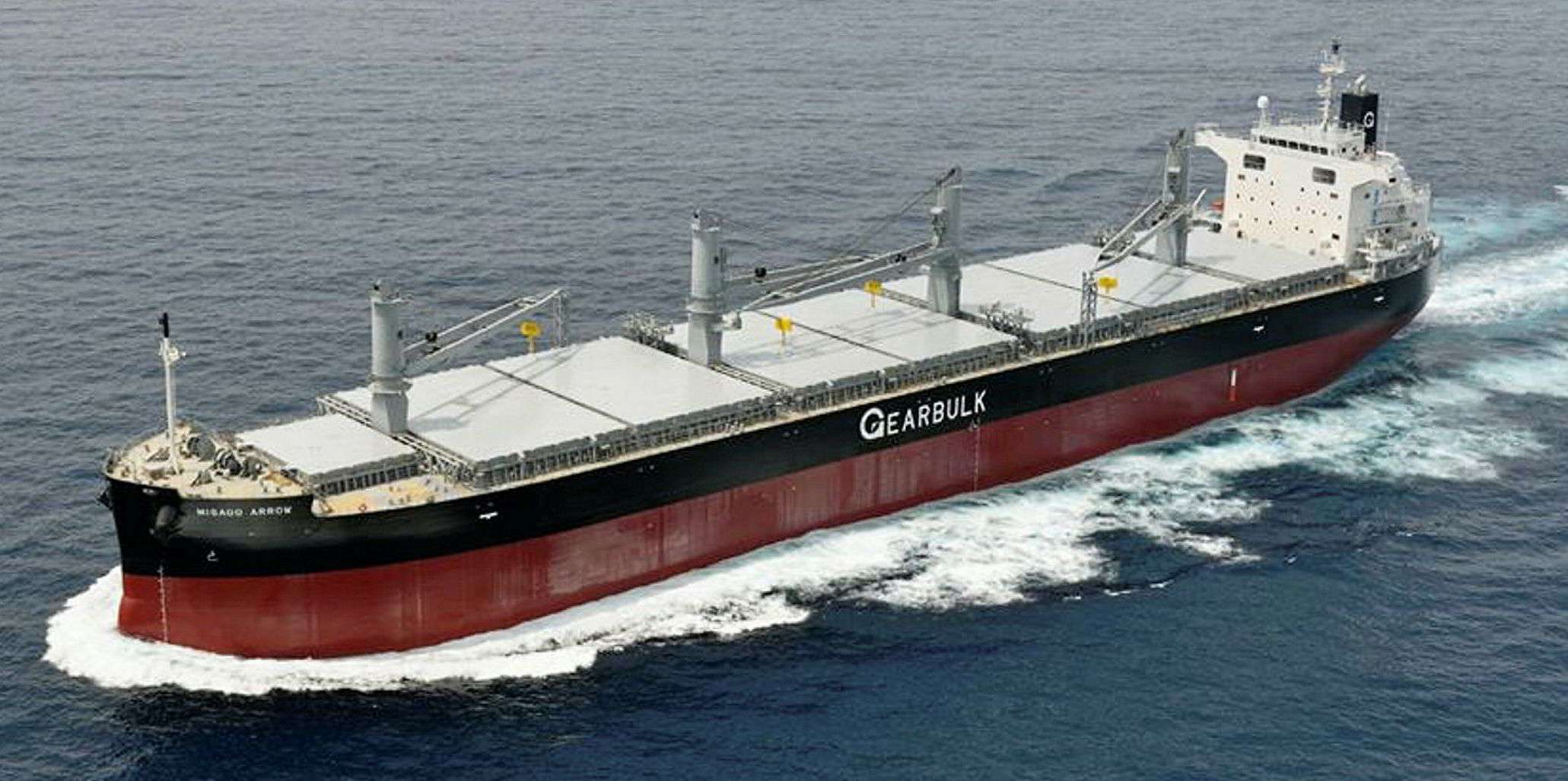Kumiai Senpaku president Nobutaka Mukae has experienced rate reduction calls from ship operators in the past.
Although, in the current downturn, his Japanese shipping company has not received such requests, he said that experience shows that shipowners in the country will need to take a strong stance against rate reduction calls to protect their own financial position.
His comments come as TradeWinds reports that leading dry bulk operators are calling on Japanese tonnage providers to restructure long-term charter deals as losses mount in the trading markets.
“Fortunately, we have not received such requests from existing charterers. We have gone through a lot of crises in the past being similar to today’s adversities,” he said.
“We have managed to accept delays or reduction of hire with some charterers on condition that the shortfall shall be paid back in the future, while we [have] taken stern legal action against unethical charterers who have no conscience to fulfil the contract from the beginning, but just tried to get away,” Mukae explained.
He said that smaller regional Japanese owners that had expanded into the non-Japanese business may now find the going difficult as they are inexperienced in handling such matters. He said they may need financial support if they are forced to accept reductions in charter rates.
“Some small-size owners who have recently entered the international business from the feudal domestic business might face a severe situation after surprisingly seeing such requests unless they have solid assets or cash in their pocket,” he said.
“Otherwise, they have no alternative but to seek the help or advice of whether or not to accept the hire reduction from their generous main bank. Financially they appear to be vulnerable and technically or legally they do not have ample resources or expertise or know-how to handle the tough events,” Mukae said.
Larger shipowners may be able to cope financially with rate reduction but will still need to adjust their finances and lending. Mukae also pointed out that in the past, at times like this, Japanese owners have been able to recover funds by selling tonnage. However, in the current poor sale-and-purchase market for dry tonnage that is not an option.






